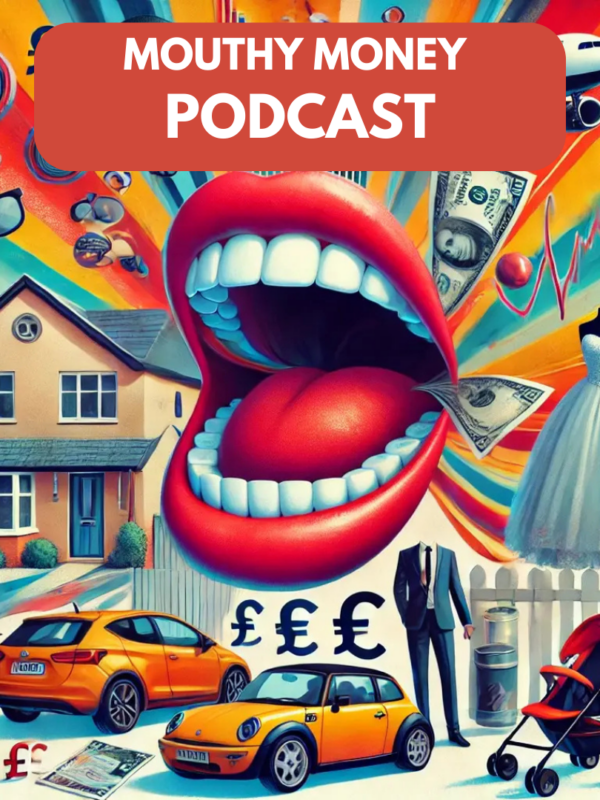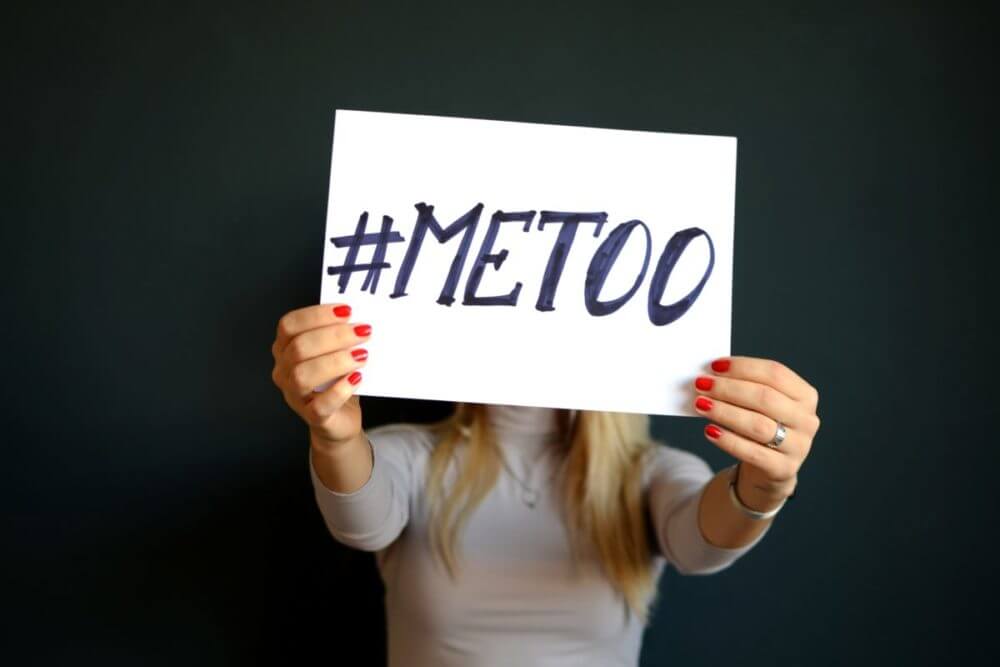You’ll all remember the headlines about Weinstein, Spacey and Stafford-Clark. Many of us will have experienced first-hand harassment and/or bullying in the workplace – whatever industry we’re in – where predators take advantage of their positions of power. The UK theatre industry is rapidly drawing up codes of conducts and guidelines, and the powers that be in Westminster are advising on set processes to be in place for all workplaces to combat this.
But what can we do about it right now to avoid more incidents taking place and/or having to wait for years before we feel confident and powerful enough to speak out?
I am writing this for myself as much as anyone, because I’m sick of feeling powerless and we all have a responsibility to up our game for ourselves and the generations to come. I would love to hear further suggestions in the comments box. These are my thoughts, based on my own experiences in and out of the workplace.
Call it out when it happens to you – even if/especially when it seems a small thing.
You might be able to nip something in the bud before it gets out of control. A few years ago, I was on a panel to cast a film. On one audition day, it was me, a male director and a male producer. A male actor came in to audition and, throughout his casting, winked at me and continually called me “babe.” When it came to casting decisions, I was honest to my male colleagues and said, while I liked his talent, I wasn’t impressed at how I was treated differently for being a woman. I found his behaviour highly inappropriate towards me, and was worried about how he would behave on set. Both my colleagues took my feedback seriously. He was cast but, before rehearsals began, the male producer spoke to him about his behaviour. The actor subsequently apologised to me and thanked us for calling it out as he had not realised how bad it was. He behaved impeccably on set and everyone enjoyed working with him. The film itself was a great success. I don’t think he’ll ever “babe” anyone again.
Try to avoid being alone with, or even picking up the phone to, someone who is inappropriate and/or threatening.
Whether bullies, or creeps (or both), these predators can corner people when there are no witnesses. Following the last incident of adult bullying, I was unfortunate enough to experience first-hand, I discovered that five other people were experiencing it at the same time. We were working on the same project but all were unaware it was happening to other people because the bully in question was sly about behaving that way one on one. This is perhaps often why the general public may be shocked when allegations come to light, but there are so many dozens, even hundreds of allegations that come to light. All the incidents happen one on one, but continually. There is rarely just one victim.
Call it out when you see it happening to someone else.
I personally find this a lot easier than calling it out as it happens to me. People are frightened of not being believed or taken seriously, so if we are witnesses we cannot ignore it as that will perpetuate this fear. I remember one incident on the tube about a decade ago. I was waiting on the platform when, to my horror, I saw a man taking photos up a woman’s skirt. While I didn’t feel confident enough to confront him, as he wandered away momentarily, I went up to her, warned her what he was doing and told her to get out of the place as soon as possible. She thanked me and rushed off. He then came back, looked annoyed at her disappearance and gave me an evil stare as he worked out what had happened. But, ultimately, he didn’t win.
Sometimes, spelling out the obvious is important as everyone has different codes of conduct.
I once had to step in and manage some people who were getting upset because they were spoken to very aggressively by one person in particular. I sent them an email asking everyone to be mindful that none of us knew what was going on outside of work and, while everyone wanted the project to be a success, that was not to be at the expense of treating others in a respectful and kind way.
This email came out of my years of running workshops with new groups of young people, where I learned that it is good practise to ask if there is anyone in the group you need to know about before you work with them. This could cover anything, from someone with special educational needs to someone recently bereaved, and all adults working with children know to ask this. However, when we work with other adults, we often don’t know what is happening outside of the workplace – in life, in general, you never know what someone else may be going through. In teaching, inclusive practice is very important so that all children can benefit. If we try to treat all adults with respect and kindness, we are using best practice as that can only benefit them – whether they are at full capacity or not.
After I sent that email, I found out that two members of staff were in therapy and another member of staff was on medication for depression. I did not know that when I sent the email, but was really glad I had sent it once I found this out.
Recognise it is a worldwide culture, not just specific incidents.
Page 3 of The Sun. The gender pay gap. Sexist advertising. Victim shaming. Catcalling by strangers. Groping on public transport. The way some people speak to others they regard as “lower” than them. The feeling of entitlement that some people hold, no different to spoilt children who have never been told they cannot have whatever they want. The feeling – when you’re young or starting out – that you have to take the discrimination to get ahead. The feeling you can’t talk about how you were treated by someone in a position of power in case you never work again.
Reducing and eventually wiping out the number of incidents starts with de-normalising and refusing to accept our discriminatory worldwide culture.
You do not have to do this alone. Seek professional help and advice.
Sometimes, a situation is beyond the control of others at a local level, whether something is happening to you or you have seen it happen to someone else. There are organisations who can help, listen and believe:
Equality and Human Rights Commission – Sexual Harassment – 0845 604 6610
NHS Direct Helpline – 0845 46 47
Victim Support – 0845 30 30 900
Rape and Sexual Abuse Support Centre – 0808 802 9999
National Domestic Violence Helpline – 08457 023 047
The Rape and Abuse Line – 0808 800 0123 / 0808 800 0188
Women’s Aid Federation of England – 0808 2000 247
National Bullying Helpline – 0845 22 55 787 / 07734 701221












